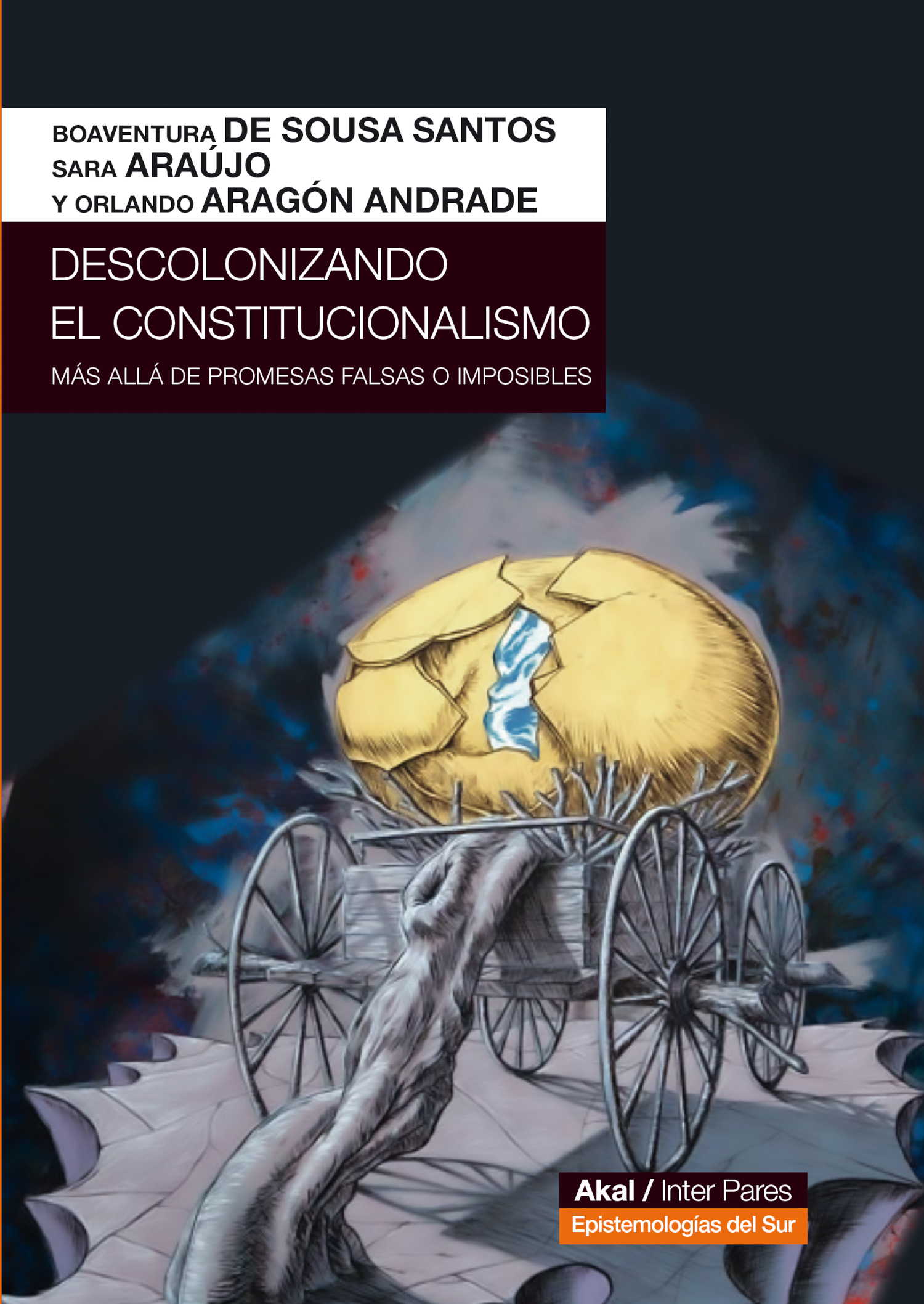Livro
«Descolonizando el constitucionalismo» de Boaventura de Sousa Santos, Sara Araújo, Orlando Aragón Andrade
Akal 2021
Sinopse
Un cuestionamiento desde el Sur global del modelo monolítico, eurocéntrico y colonial, del constitucionalismo moderno.
El constitucionalismo moderno se asienta en las ideas de unidad, uniformidad y homogeneidad: un Estado soberano, una nación, un derecho, una estructura burocrática e institucional, una cultura, una identidad. Tal unidad y uniformidad no constituyen la ratificación de una realidad preexistente, sino una ruptura violenta con el pasado ejercida en la medida de los intereses del capitalismo que ha implicado la destrucción o marginalización de naciones, derechos, culturas e identidades que coexistían en el mismo territorio geopolítico. Este modelo, proclamado superior y de interés universal, ha sobrevivido a los procesos de descolonización política y se ha difundido por vía de un canon jurídico eurocéntrico, colonial, que cimenta la línea abismal, excluyendo, desvalorizando y haciendo invisibles diferencias étnicas, culturales, jurídicas, religiosas, regionales, entre otras.
En este contexto, los procesos de refundación del Estado y de transformación constitucional que han venido ocurriendo en algunos países del Sur global asumen una relevancia que no es sólo local o de interés jurídico. Nos estamos refiriendo a movimientos políticos que desafían el carácter colonial del Estado y del Derecho, irguiendo las banderas de la interculturalidad, del pluralismo jurídico, de la demodiversidad, de la plurinacionalidad y de la participación ciudadana. Este libro pretende profundizar en el conocimiento de estos movimientos que en las últimas décadas han venido a cuestionar el constitucionalismo moderno, impulsados por actores sociales colectivos que la modernidad ha excluido, como las comunidades indígenas en América Latina o la mayoría oprimida bajo el régimen del apartheid en Sudáfrica, cuyas voces se alzaron en medio de duras luchas sociales y de identidad.
Sobre os/a autores/a


